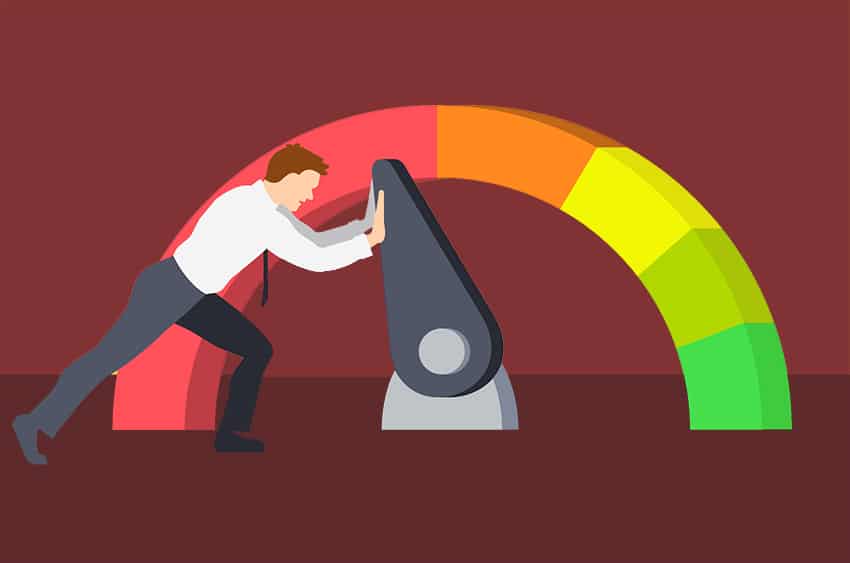Why are Credit Scores Important?

A credit score is a number that potential lenders will use to determine whether they should lend you money, how much, and at what interest rate.
Your credit score is an actual number, between 300 and 850. The higher the number, the better. A score of 740 to 799 is considered very good, though the average is closer to 700.
Each of the three main credit agencies – Experian, Equifax, and TransUnion – have a score for you based on your credit report at that individual agency. Each agency has more than 200 million files on people who have a credit history. These agencies tend to have different information, which means your credit report and score will vary from agency to agency.
Those scores are what potential creditors, landlords, employers and insurers look at for an instant judgement on your creditworthiness.
Lenders believe that people who are creditworthy will pay back what they owe. That’s why better credit reports and higher credit scores make it easier, and cheaper, to borrow. It also makes it easier to rent an apartment, buy a house, acquire insurance, and several other day-to-day essentials.
Did you know you can view daily credit score updates in Online and Mobile Banking? With the Credit Report Widget powered by SavvyMoney®, you can check your credit score as much or as little as you want and receive email alerts each time there is a change to your credit score. Get started today in Online or Mobile Banking.
Sources of Data
Credit scores are the result of a compilation of several different sources of data that are available in your credit report. That data falls into four distinct categories. Below, these categories are listed in order of how much weight they have in forming your score:
- Payment history
- Amounts owed
- Length of credit history
- Types of credit used
You’ve heard before that paying credit card bills on time is crucial, and the list above proves why. Your payment history is the single most important factor in determining your credit score. Lenders will look at if you pay on time, if you pay in full or only the minimum balance, and if you have late or missed payments.
Avoiding a Bad Score
There are two ways to have a bad credit score. The first, not surprisingly, is by not using credit wisely. That means spending more than you can afford, not paying your bills on time, and having too much outstanding credit, often spread across multiple credit card accounts.
The second is not as intuitive but is still a factor, you can have a bad credit score if you don’t use credit at all. To determine your score, there needs to be history to base it on. So simply cutting up your credit cards, or never having a credit card account, isn’t the path to a high credit score.
If you are looking to improve your credit score, The GreenPath Financial Coach can help! The coach can also provide financial tools to help you pay down debt and move forward after a credit decline. Get started at ecu.com/greenpathfinancialcoach/.
What Doesn’t Count
One important thing to know about credit scores is that the information is limited to how you use credit, and there is no information about your race, religion, medical history or lifestyle. There’s not even any data on your checking and savings accounts or your investment accounts. It’s all about how you use credit.
